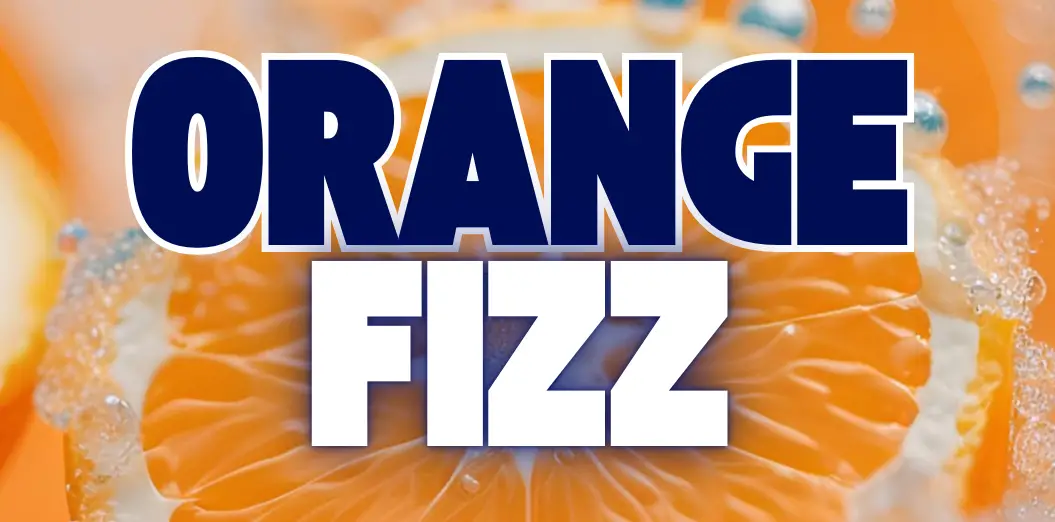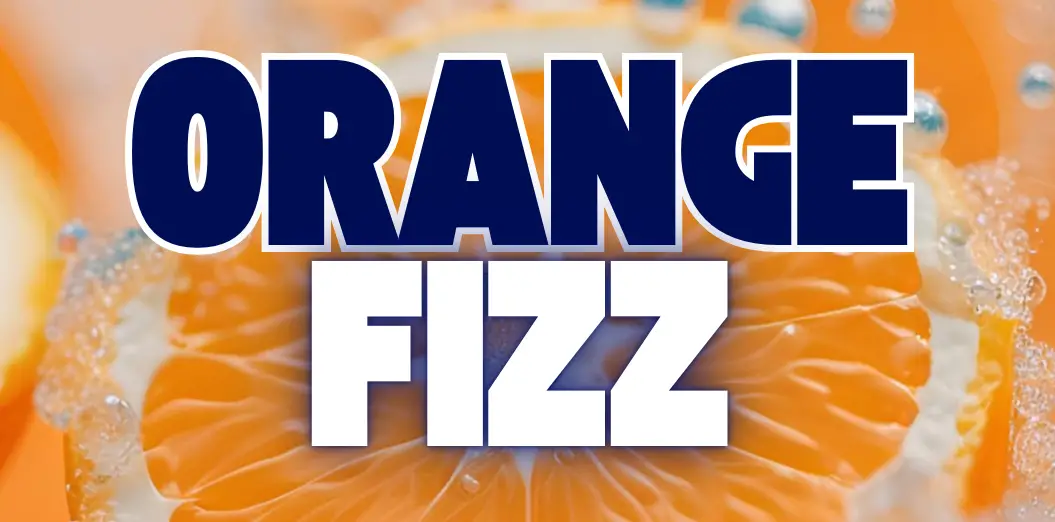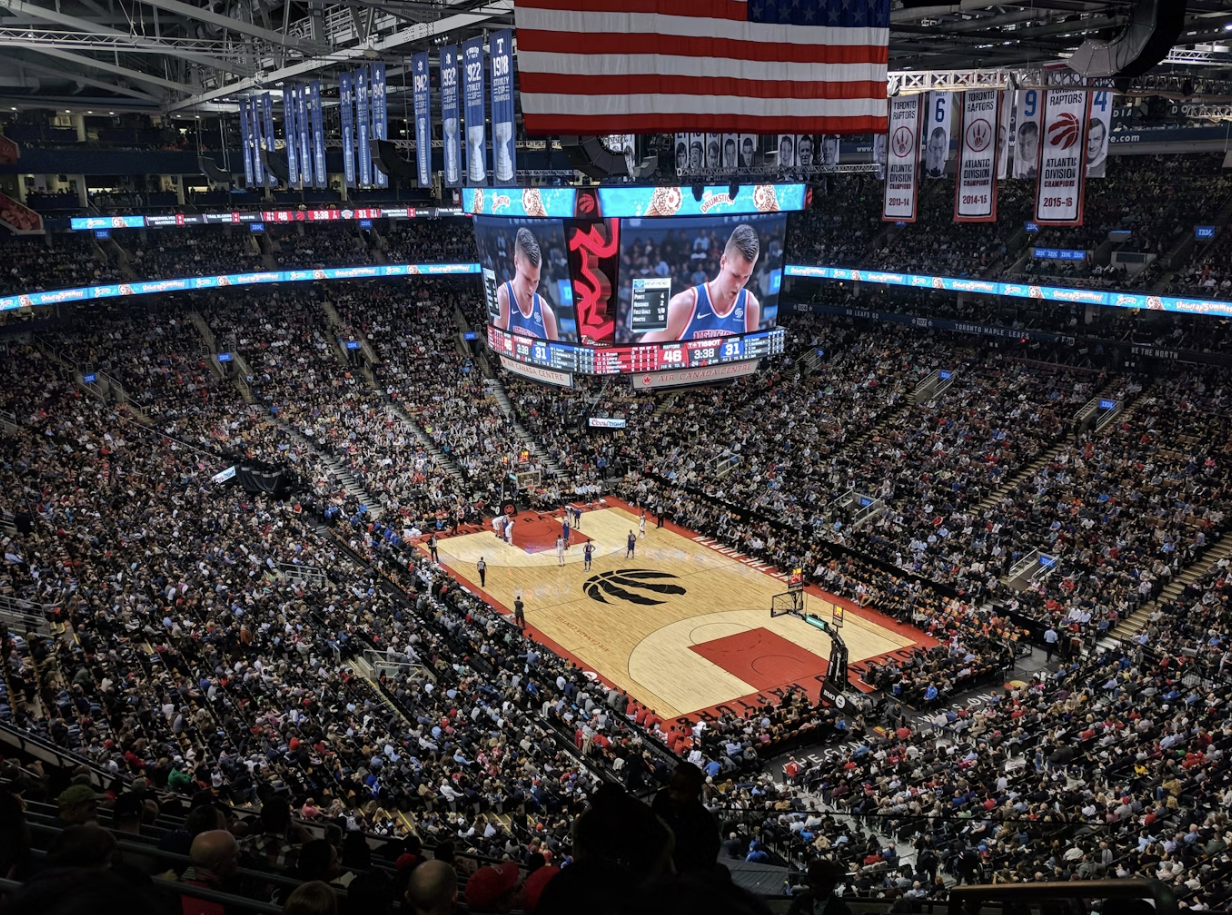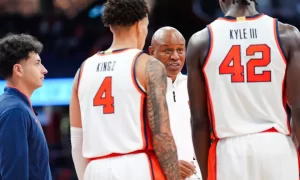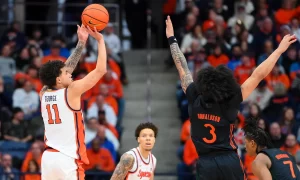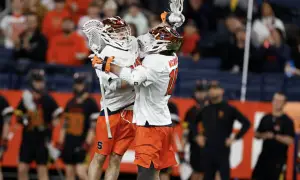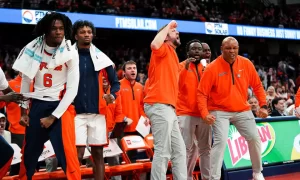Pressure doesn’t just build character. It reveals it. Nowhere is this more evident than in two very different, yet oddly similar, environments: the final seconds of an NBA Finals game and the final hand at a live casino table. Both arenas are unpredictable. Both demand precision. And both reward those who can stay calm when the stakes peak.
The psychology behind performing under pressure has fascinated coaches, gamblers, psychologists, and statisticians alike. Why does one player sink a buzzer-beater while another airballs it? Why does a seasoned player fold when the odds are in their favor? The answer lies less in mechanics and more in mindset.
Cold Hands, Hot Minds: How Players Adapt in Real Time
Unlike pre-scripted plays or simulations, live settings punish rigidity. They reward those who adapt fast. In the NBA, this might mean shifting defensive strategies after every possession. In a live casino game, it might mean reading a subtle tell or noticing a dealer’s tempo shift. The environment is fluid. The risk is real. And the clock doesn’t stop.
That’s why so many elite performers build routines not just for the game, but for their emotions. Steph Curry, for example, uses breathing techniques before free throws; not to slow down time, but to slow down his body’s stress response. Similarly, seasoned live casino players prepare not just through strategy charts, but by rehearsing emotional regulation. Not reacting to a bad beat. Not chasing a loss. And never letting one big hand define the rest of the night.
Interestingly, some of the principles used in live casino psychology have crossed over into the digital space, particularly in the growing domain of live casino gaming platforms. These simulate real-time gameplay with real dealers and streaming interfaces, giving players a taste of the unpredictability of a casino floor from home. For those interested in exploring this format, platforms like Betway’s live casino section offer various real-time options (from blackjack to roulette) where the stakes are immediate and the decisions matter. The pressure of performance doesn’t disappear in these environments. It simply evolves.
Live casino environments attract players who want the spontaneity of real-world gameplay combined with the comfort of online access. And the rise in participation suggests that the psychological pull of high-pressure, real-time decision-making still captivates players, whether in a Vegas suite or via mobile screen.
Pressure Doesn’t Invent Weakness, It Exposes It
The NBA Finals are pressure cookers. Every possession is magnified, every decision questioned. This is where elite players separate themselves. Michael Jordan’s flu game in the 1997 Finals, where he scored 38 points while visibly ill, is often cited not because of raw stats, but because of the mental discipline it took to override his body’s protests.
Sports psychologists define this state of elite performance under stress as “clutch performance,” which hinges on the ability to regulate arousal levels, sustain focus, and drown out distractions. According to Dr. Sian Beilock, author of Choke: What the Secrets of the Brain Reveal About Getting It Right When You Have To, performers choke not because they’re not good enough, but because they start thinking too much about mechanics. Clutch performers, on the other hand, rely on instinct built through repetition.
Live casino players experience something similar, albeit in a different setting. The physical stakes may not involve crowd noise or cameras, but there’s tension. Real money. Limited time. And a table full of unpredictable opponents. What separates a top player from an average one is knowing how not to overthink when every signal in the brain screams “be cautious” or “hurry.”
Decision Fatigue and The Illusion of Control
Elite athletes and seasoned casino players both wrestle with decision fatigue. In basketball, it can be the 40th minute of play. In poker, it might be hour three of a tense tournament. The brain’s ability to assess risk and regulate emotion starts to wobble, not from lack of skill but from sheer mental load.
This is where preparation matters. The best performers limit the number of decisions they need to make under stress by frontloading routines. Kobe Bryant was known for repeating the same warmup drills before every game, regardless of opponent. In the same vein, high-performing poker players often automate pre-flop decision trees, limiting emotional bias in early hands.
This matters because pressure not only shortens focus but also amplifies the illusion of control. Research from the University of Amsterdam found that when people are under stress, they tend to overestimate their influence on random outcomes. In casino terms, this is why players sometimes double down not out of logic, but out of a belief that they’re “due for a win.” In the NBA, this manifests as forcing shots or holding onto the ball too long.
Learning to recognize the limits of control (and working within those limits) is often the edge that makes champions.
High-Stakes Doesn’t Always Mean High Emotion
A common misconception is that the best players are the most emotionally invested. The opposite is often true. The best performers under pressure are those who manage to disconnect emotionally at key moments. This doesn’t mean apathy. It means objectivity.
Take the case of Ray Allen’s legendary corner three in Game 6 of the 2013 NBA Finals. With seconds left, and the Miami Heat down three, Allen backpedaled to the corner, caught the ball, and launched. No hesitation. No panic. Just decades of muscle memory firing with surgical precision. The shot kept Miami alive and shifted the series.
This kind of mental discipline mirrors what expert gamblers train for. Expert gamblers tend to show significantly lower emotional reactivity compared to casual players when dealing with wins and losses.
